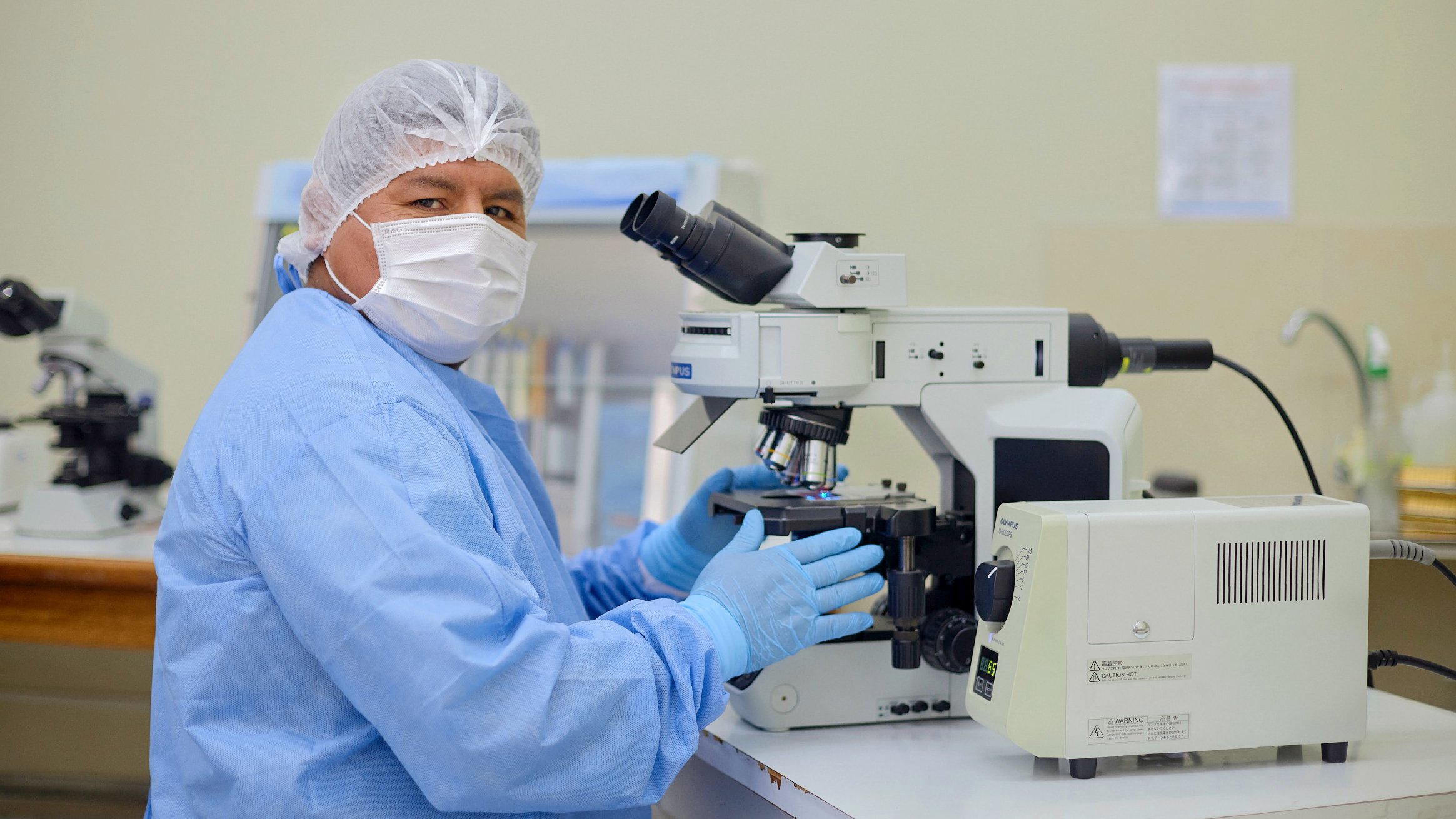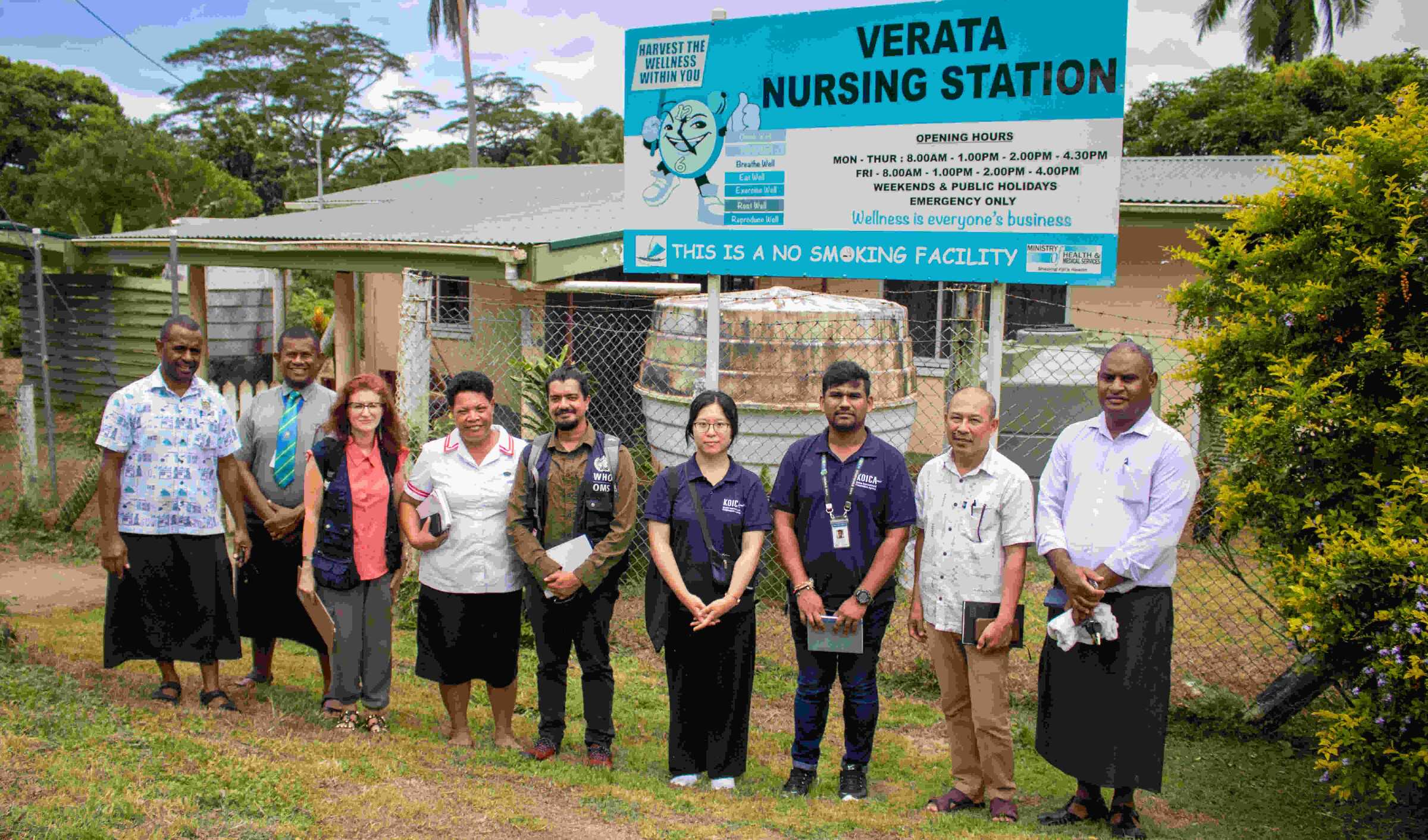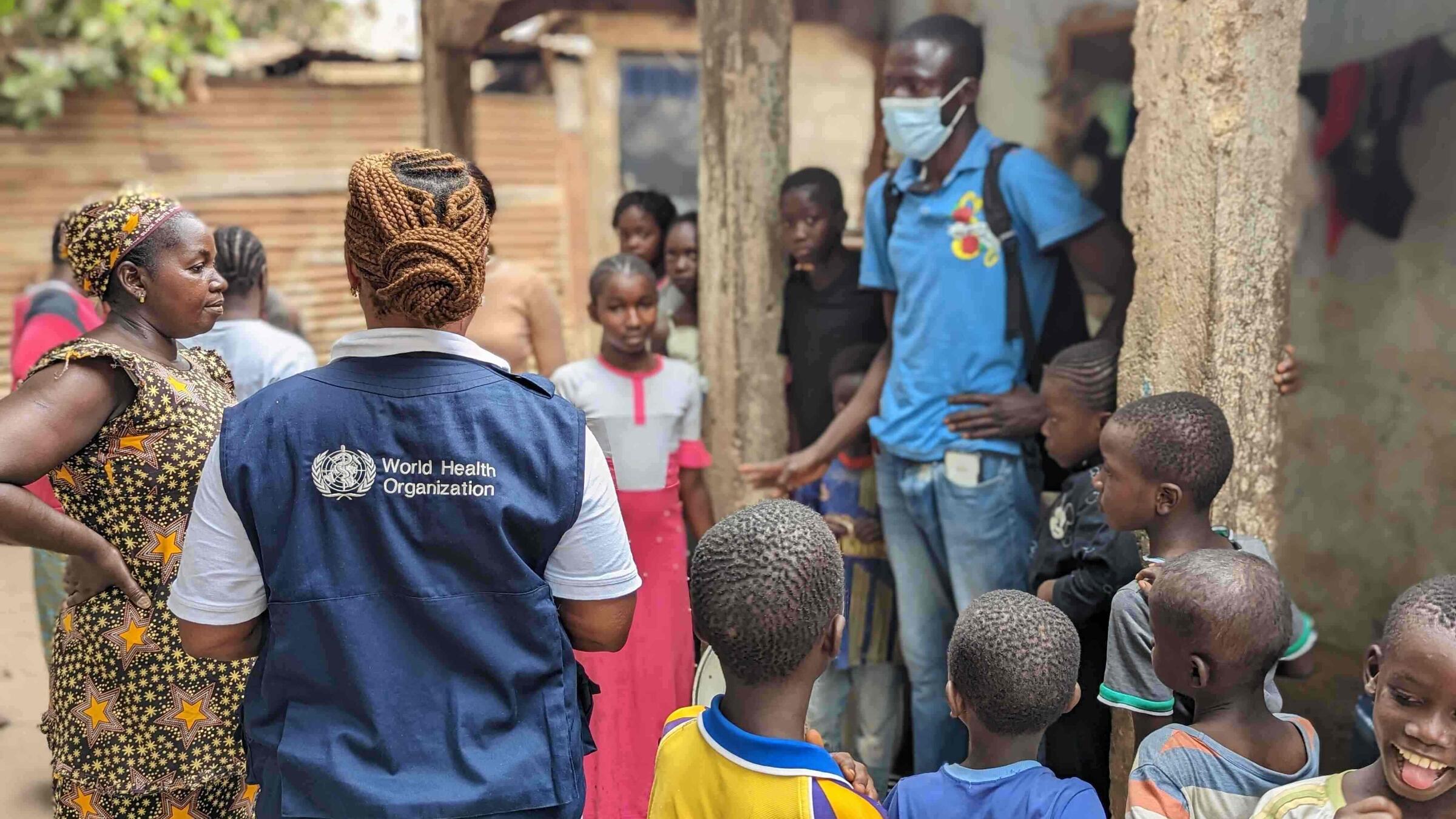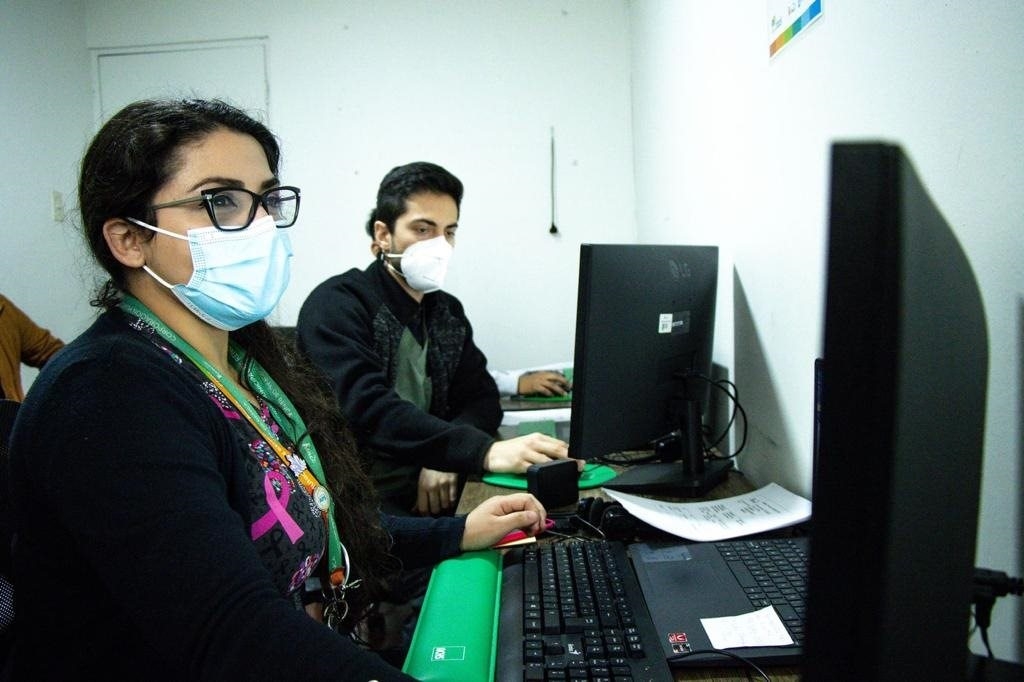
INVESTMENT ROUND: IMPACT STORY
Enhancing climate resilience in Fiji
Strengthening resilience against the health impacts of climate change
 © WHO / Faizza Tanggol
© WHO / Faizza Tanggol
6.41
million US$ budget
204
healthcare facilities assessed
50
facilities identified as high-risk
In recent years, people living in Fiji have grappled with a range of climate challenges, facing cyclones, rising sea levels, unpredictable rainfall, floods, droughts, and saltwater contamination of freshwater sources. These events have resulted in a rise in climate-sensitive diseases and increased incidence of mortality and injuries from extreme weather events.
This highlights the urgent need to upgrade Fiji's health infrastructure to cope with the evolving impacts of climate change.
WHO collaborated with Fiji’s Ministry for Health and Medical Services and the Korea International Cooperation Agency (KOICA) to spearhead a climate hazard and vulnerability assessment of 204 Fijian healthcare facilities.
This pioneering initiative aimed to ensure the sustainability and accessibility of healthcare in Fiji in the face of climate-related challenges. This effort identified over 50 high-risk healthcare facilities and one national laboratory in need of urgent upgrades.
One of the facilities identified as high risk, the Verata Nursing Station, serves seven villages and settlements with a population ranging from 2000 to 3000 people. The medical team struggles with growing challenges related to transportation, resource availability, and water cleanliness, exacerbated by the area's susceptibility to drought, floods and severe landslides. To address these vulnerabilities, WHO is directing renovation efforts toward improving accessibility for individuals with mobility challenges, ensuring sustainable access to electricity from solar power, providing safe water, and upgrading sanitation facilities.
Improvements in health infrastructure alone will not be enough to increase the resilience of Fijian communities to the health impacts of climate change. WHO, with funding from KOICA, also crafted comprehensive training packages.
WHO empowered health workers and community members to carry out climate vulnerability assessments and build climate resilience into their daily lives.
As Fiji faces increasing pressure from the climate crisis, the collaborative efforts of WHO, the Ministry of Health and Medical Services, and KOICA, have laid the foundation for a more resilient health system, capable of navigating the challenges posed by the changing climate.
→ Read the full story: Enhancing Fiji’s resilience to the health impacts of climate change
Return on investment
A fully funded WHO will support Member States to promote health and respond to climate change as an escalating health threat, saving an additional 7.5 million lives.
Strengthening Fiji's resilience against the health impacts of climate change is an example of WHO delivering on more climate-resilient health systems that address health risks and impacts, contributing to WHO’s Fourteenth General Programme of Work (GPW 14), strategic objective 1.1.
Funding the future
WHO’s efforts in enhancing the climate-resilience of Fiji’s health infrastructure wouldn't have been possible without funding.
To continue addressing threats like this, WHO needs sustainable financing, that is, predictable, flexible and resilient. This will allow WHO to have the greatest impact where it is needed most. Please support the WHO Investment Round.
/invest-visual-investing.png?sfvrsn=dbf748b9_20)

/ir-pie-chart-climate-change.tmb-1920v.png?sfvrsn=85376270_2)

